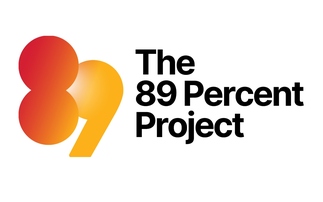VIDEO: David Halpern, CEO of The Behavioural Insights Team talks to BusinessGreen about how to engage people in the net zero transition and gives a sneak preview of his panel discussion at Net Zero Culture
David Halpern is the Chief Executive of the Behavioural Insights Team. Halpern has led the team since its inception in 2010. Prior to that, Halpern was the first Research Director of the Institute for Government and between 2001 and 2007 was the Chief Analyst at the Prime Minister's Strategy Unit. Halpern was also appointed as the What Works National Advisor in July 2013. He supports the What Works Network and leads efforts to improve the use of evidence across government.
Before entering government, Halpern held tenure at Cambridge and posts at Oxford and Harvard. He has written several books and papers on areas relating to behavioural insights and well-being, including Social Capital (2005), the Hidden Wealth of Nations (2010), Online Harms and Manipulation (2019) and co-author of the MINDSPACE report. In 2015, Halpern wrote a book about the team entitled Inside the Nudge Unit: How Small Changes Can Make a Big Difference.
In the latest video in our series of interviews profiling the speakers taking part in BusinessGreen's upcoming Net Zero Culture Summit, Halpern talks about how we can engage people in the net zero transition and gives a sneak preview of what to expect from him panel discussion.
Net Zero Culture takes place virtually on 7 December, when Halpern will be joined by Angela Terry Environmental Scientist, Campaigner, Founder & CEO of One Home and Professor Lorraine Whitmarsh Director at the Centre for Climate Change & Social Transformations (CAST) to debate how we must move beyond alienating language in order to engage the public in a way that makes sense to them on a day-to-day basis and involve them in areas that have influence.
Have you secured your place? If not, visit our website to sign up for your pass here. Limited free places are available for senior corporate executives involved in sustainability, NGO's, national government and not-for-profit organisations.








